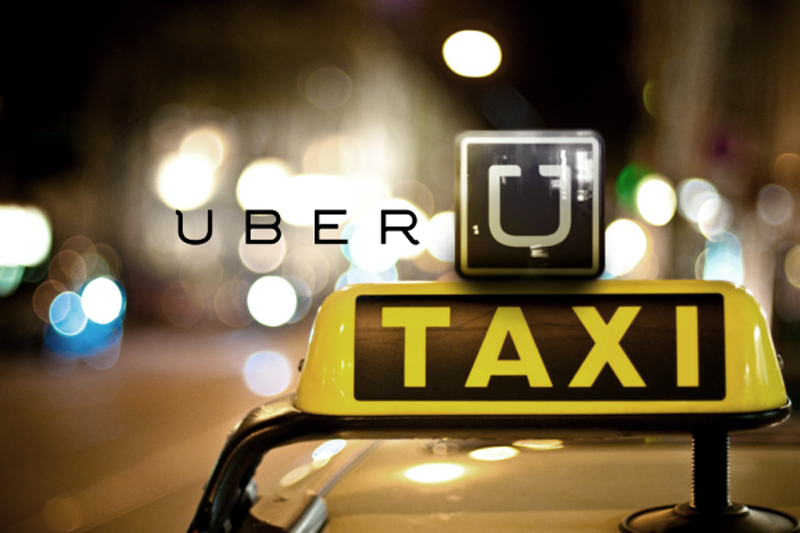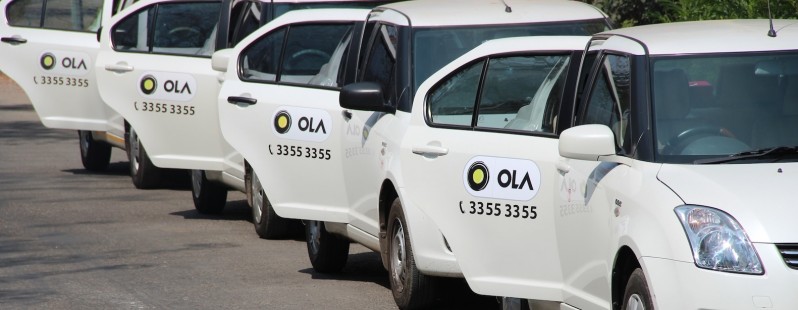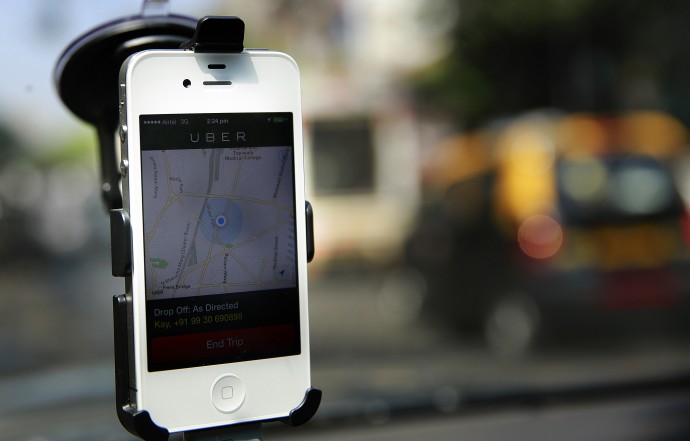GPS Radio Cabs Decoded : How to Use Technology to Make Travel Safer
The recent Uber rape incident has sparked a conversation about the safety of taxi services. This major incident would now lead to a wider discussion of GPS-enabled taxis. Uber has already faced much flak for not verifying the background of the driver who had previous cases registered against him. The company has ceased its operation in many parts of India to the dismay of people who had started to appreciate the convenience of the app based cab service. The Indian government even went further to issue a boorish request to all states to ban all web-based cab services which can easily be regarded as a knee jerk reaction.
The government also has asked the installation of GPS (Global Positioning System) sensors on all cab mandatory. Big name cab brands already provide the service but having it unanimously installed in all cabs would be a positive for everyone. So we decided to peer into the workings of the taxi industry and see how the industry can be changed using 21st century technology.
How do the GPS Cabs work?
GPS-based cabs have a tracking module installed in them which gives real-time location information to the central computers. This helps the companies keep a play by play track of the movements of their vehicles. When a cab request arrives at the call center, it gets forwarded to the cabs in the area. The driver who can make the trip, replies to the request and the tracking begins till the end of your journey. The trackers are part of the tamper proof meters which can give you a printout of the details of the journey and fare for your records. If the cab goes off track, the driver can be intimated, or the police can be alerted.
There is also other advantages to GPS tracking. If you forgot your baggage in the cab, you can easily get it back through the tracking mechanism. The companies have a lost and found department that keeps your baggage safe till it’s claimed by you.
GPS-based operations will also be economical for the companies operating them. Regular taxis demand fare for return journey’s also. By tracking its vehicles, the company can make the best out of its resources and cut down on the idle time of their cars.
Government’s Role in Improving Taxi services in India
Mr. TK Arun from the Economic Times suggests the establishment of licenses for driving Public Transport Vehicles (PTV). The responsibility of background checks would then lie on the state transport authority. This will make it easy for the cab companies to employ drivers for their vehicles. Of course, the cab companies should also have a second tier background check mechanism as any incident severally affects the brand recognition of a company (evident with the case of Uber). Uber has a three-step verification for its drivers in the US, which mandates 7 years background check of each individual. If it had adopted the same stringent strategy in India, it wouldn’t have faced such fervent opposition now.
PTV licenses might also improve the job growth in the transport sector as a more trustworthy pool of drivers can be created through this process, and the accountability will rest with the state. Accountability is extremely necessary as incidence of ban on business discourages other investors from investing in a nation that takes knee-jerk reactions to sensitive incidents. The license can also be featured in a public database through which companies, as well as customers, can verify the drivers before using their services.
The government needs to create legislation for this valuable economic segment. Putting a ban on all web based cab services is just about the most myopic decision a government can take. Instead of taking such an ill-advised decision, the government with its absolute majority should take up the heavy task of legislating the transport industry and making it ready to face 21st century challenges using 21st century technology.
The Government of Delhi has its own app-based service for auto rickshaw called Pooch-O. Following the ban on all app-based cab services, the government has said that it will soon bring a taxi service under it as well. It runs pretty much on the path of Uber or Ola cabs but doesn’t charge a commission for the service. The app though comes short on accountability. Even though it is a government sponsored app, it is not registered as a cab company which defeats the purpose of the entire ban on web based cabs in the first place.
How to give customers more control?
The arrival of web app based taxi services had brought immense comfort in the hands of people who used it. It is estimated that over 1 million folks will be affected by this callous decision of the government. Services like Uber and Ola gave users the convenience of tracking their cabs as they arrived. If the government is serious about security, then it should make it mandatory for all GPS enabled cabs to provide such service. It won’t be a high capital intensive project. The companies can also give the option of forwarding vehicle information to relatives so that they can track the cabs too.
Security of its people is a top priority of any government, and they can’t shrug off their responsibility by using the easiest power in their hands, called bans. The government should instead do the heavy lifting of establishing laws and norms that the industry would follow. The increased attention to security will also lead to healthy growth in the technical segment of the transport industry as well as create healthy number of jobs for the economy. There is a lot of growth and development to be had in the industry but for that to happen, there is an urgent need for initiative takers and discouragement of unnecessary government overreach.




There are no comments
Add yours